Here’s what the science says on if they can help you fall—and actually stay—asleep.
We all know how important it is to get enough sleep each night as rest not only keeps you on top of your running game, but it also keeps your heart, brain, and metabolism in check, too. But sufficient shuteye doesn’t often come easy, leaving many of us looking for solutions to fall—and actually stay—asleep better.
Melatonin is a common sleep-aid supplement that many turn to when they’re having trouble sleeping. But does it actually work? And more importantly, is it safe to consume?
We turned to Aarti Grover, M.D., director of sleep medicine at Tufts Medical Center, and the most relevant research for answers.
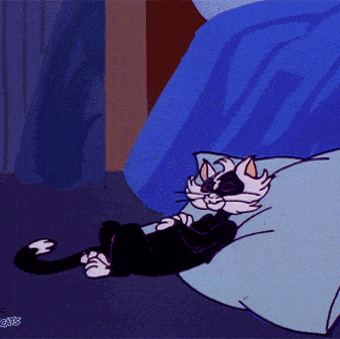
The Claim:
Taking a melatonin supplement each night will help you fall asleep faster and ensure that you’re not tossing and turning throughout the night.
The Evidence:
Melatonin is a hormone that is naturally produced by the part of your brain called the pineal gland, explains Grover. While everyone’s brain produces its own individual base amount of melatonin, this amount spikes to about 10 times higher than normal about two hours before bedtime to help your body wind down and get ready for sleep.
Obviously not everyone goes to bed at the same time, though.
“We all have different internal clocks, which figure out our sleep cycles for us,” Grover says. “These rhythms are formed over time because of the schedule you’ve created for yourself. There are people who are naturally night owls or morning birds, but your schedule plays a role.”
Still, many people have difficulty sleeping, either falling asleep or staying asleep throughout the night. That’s when people turn to sleep-aids like melatonin supplements.
Melatonin is an over-the-counter dietary supplement in the U.S.—and it’s approved, but not regulated, by the FDA (unlike prescription drugs). What this means, according to Grover, is that it’s hard to know what the exact dose of melatonin you’re taking is, since the formula of the supplement can have other added ingredients.
And while Grover says 0.1 to 0.3 milligrams (mg) of melatonin per day will help you sleep better, most people tend to take much higher doses—about 5 mg or 10 mg.
“Super high doses can desensitize your brain to melatonin supplements,” Grover says, which can result in you needing more of it to get the same effects.
Research backs this up—a landmark study from the Massachusetts Institute of Technology (MIT) found that a melatonin supplement is most effective at a dose of 0.3 mg. Another MIT-led study, published in the journal Sleep Medical Reviews, found that high doses—that of commercial supplements—taken over extended periods of time are less effective at helping you sleep and can cause side effects such as low body temperature and feeling like you have a hangover. Grover agrees, citing sleepiness, grogginess, and headaches as next-day symptoms of too much melatonin.
It’s worth noting, though, that these studies were done in people 50 and over. According to Grover, that’s because melatonin levels naturally become lower as you age (typically once you hit your 50s or 60s).
“Younger people shouldn’t have a reduction,” Grover says. “Melatonin supplements don’t typically work on young people because they don’t need it,” meaning that people younger than 50 shouldn’t have insufficient melatonin.
Instead, she says, sleep issues for those under 50 are usually caused by other problems, such as stress, sleep apnea, or blue light exposure (from phones and devices) before bed.
“Many times, screen use is the issue,” she says. “When you expose your brain to light that can cause insomnia, it will reduce the amount of melatonin you have. Once the levels are reduced, it’s hard to get them back up to go to sleep in a timely manner.”
Having a bright light right in front of your face has “the negative effect of your brain thinking that the sun is still out, so you should be awake,” Chris Winter, M.D., owner of Charlottesville Neurology and Sleep Medicine and author of The Sleep Solution: Why Your Sleep Is Broken and How To Fix It, previously told Bicycling. He recommends trying not to use any electronics after the sun goes down and, if you can help it, not keeping your cell phone in your room as you sleep, since it emits a small amount of blue light even when the screen is locked.
Best Alarm Clocks
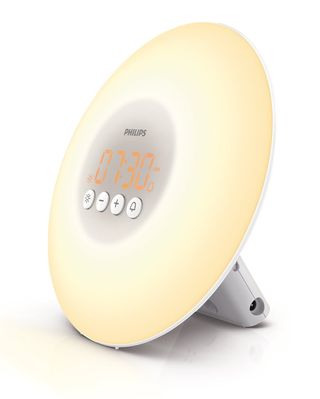
This clock simulates a sunrise and, little by little, starts emitting light a half hour before you set the alarm to sound. The idea behind this clock is that you’ll be out of REM sleep when the alarm goes off, so you’ll wake up feeling good as new.
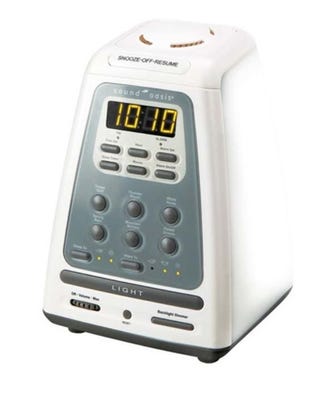
Not only does this clock mimic a sunrise, but it emits aromatherapy scents in the morning so you’ll feel refreshed and ready to start your day.
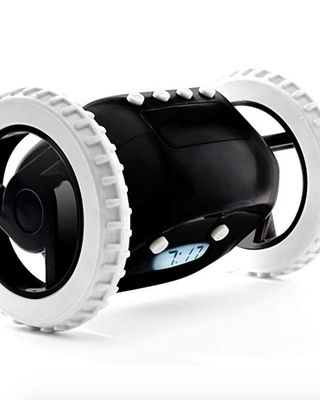
Once the alarm goes off, the Clocky moves around your room until you physically get up and shut it off, forcing you to get out of bed and face the day.
The Verdict:
Melatonin supplements do help certain populations get to sleep—and actually stay asleep—but it’s not for everyone. Taking 0.1 mg to 0.3 mg of melatonin if you’re in your 50s or older can help treat insomnia, since your melatonin levels naturally decrease as you age. A higher dosage than that could make you feel even more groggy the next day.
However, younger individuals experiencing sleep problems probably won’t see any benefit in taking melatonin supplements regularly, since they typically still have normal melatonin levels.
For anyone of any age who has trouble sleeping, seeing a sleep specialist is a good idea. They can prescribe a melatonin supplement of the correct dosage if needed, or give you other tips to help you get the much-needed shuteye you need for peak performance on the run.
A true love for sports

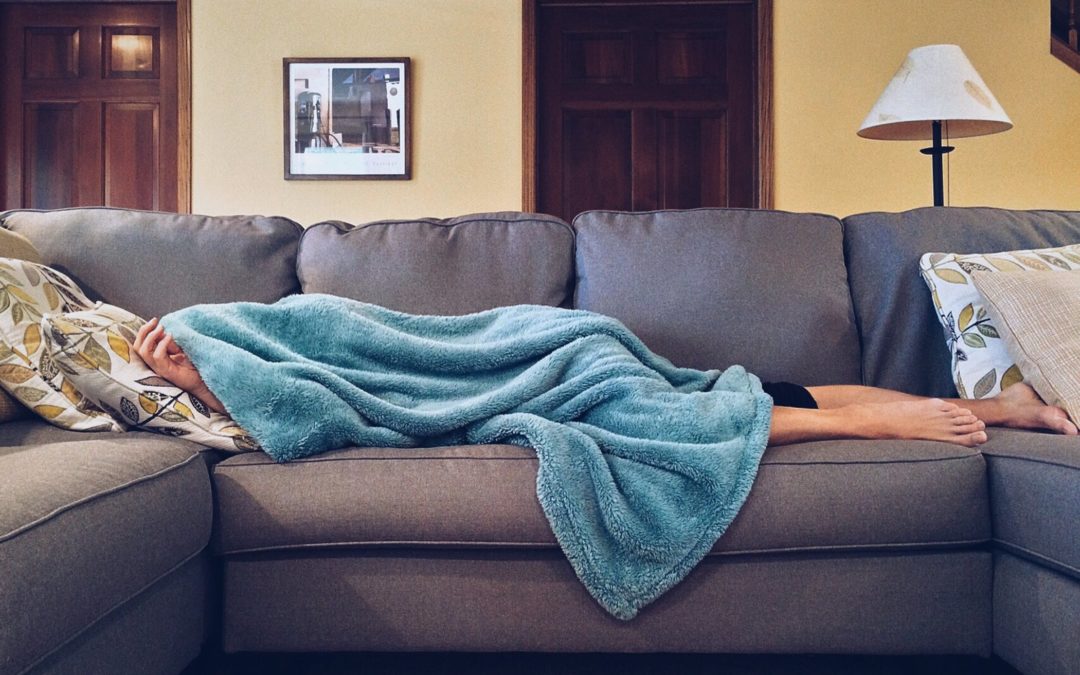
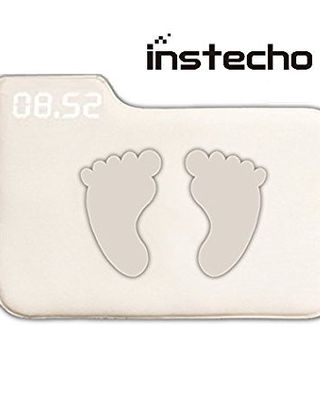
Recent Comments